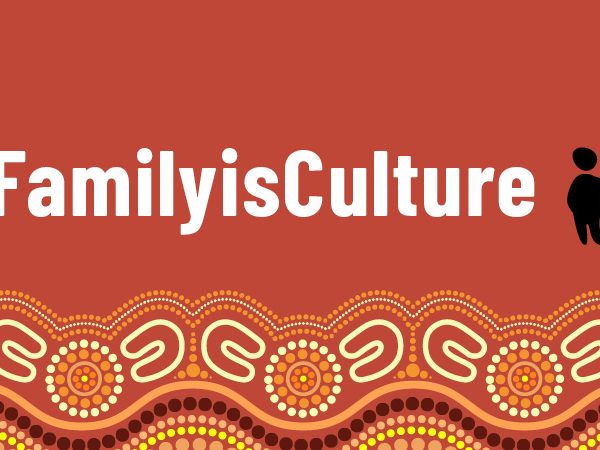New ACU research will improve supervised contact visits for 45,000 children

New research led by experts from the Australian Catholic University’s (ACU) Institute for Child Protection Studies will help improve supervised contact visits for about 45,000 children in out-of-home care and their birth parents.
The findings will be of interest to those working in early childhood education and care (ECEC) as they are often left to manage the distress children experience when visits are cancelled, when parents fail to attend a scheduled visit or when contact visits are negative experiences.
Contact visits are arranged when children are removed from their parents by child protective services. Contact visits, or access visits as they are sometimes known, allow children and their families to be with one another in a safe way.
The new kContact Practice Model has delivered significant benefits with parents cancelling fewer contact visits, out-of-home care caseworkers being more receptive to family contact and parents more satisfied with visits.
Lead researcher, Associate Professor Stephanie Taplin, said the new model “fills a gaping void in available evidence on how to best manage contact between children and their birth parents”.
“The study shows that supporting parents can be an effective approach to improving contact experiences and this model can be embedded in the current casework practice,” she added.
Recently published in Child Abuse & Neglect, the ACU study is the largest to date to test the effectiveness of contact intervention in the out-of-home care context.
There has been “significant discussion” about the lack of evidence in this area and the need to systemise practice around contact visits, Associate Professor Taplin said, with previous research demonstrating the importance of contact visits in helping to maintain the child’s relationship with their birth family in order to develop a positive personal and cultural identity.
Poorly managed contact visits and negative experiences can disrupt the relationship between the child and their new carers, as well as de-stabilise care placements and exacerbate behavioural and emotional problems, she added.
A core element of the kContact model involves key case workers contacting parents before and after each contact visit to provide them with support – whether it be clarifying concerns and expectations or providing practical and emotional support for the next visit.
The research was conducted with University of Melbourne and 15 out-of-home-care agencies in Victoria, ACT and NSW with children aged up to 14 years in long-term care who had regular supervised contact with at least one parent.
More information about the kContact study is available here.
Popular

Quality
Practice
Provider
Research
Workforce
Honouring the quiet magic of early childhood
2025-07-11 09:15:00
by Fiona Alston

Policy
Practice
Provider
Quality
Workforce
Minister Jess Walsh signals urgent action on safety and oversight in early learning
2025-07-11 08:45:01
by Fiona Alston

Workforce
Policy
Quality
Practice
Provider
Research
The silent oath: Why child protection is personal for every educator
2025-07-17 09:00:31
by Fiona Alston











